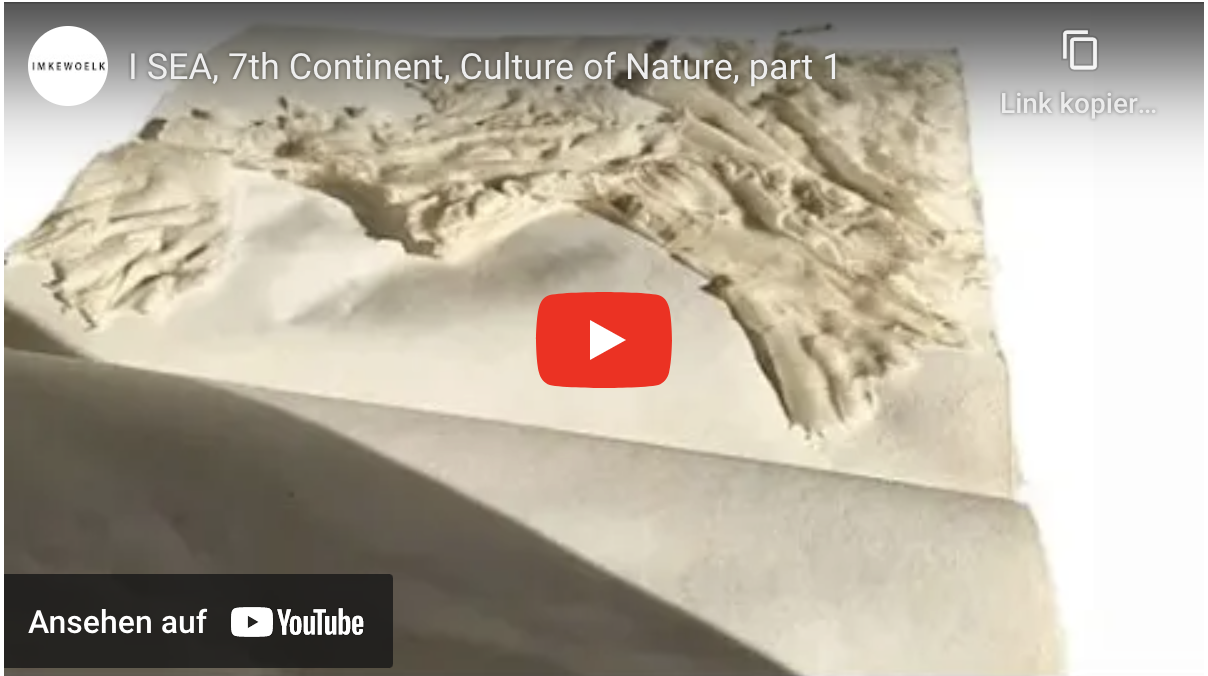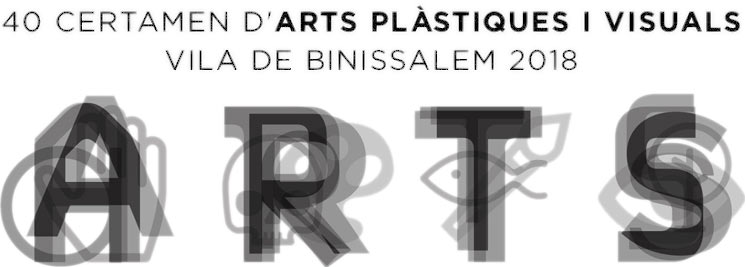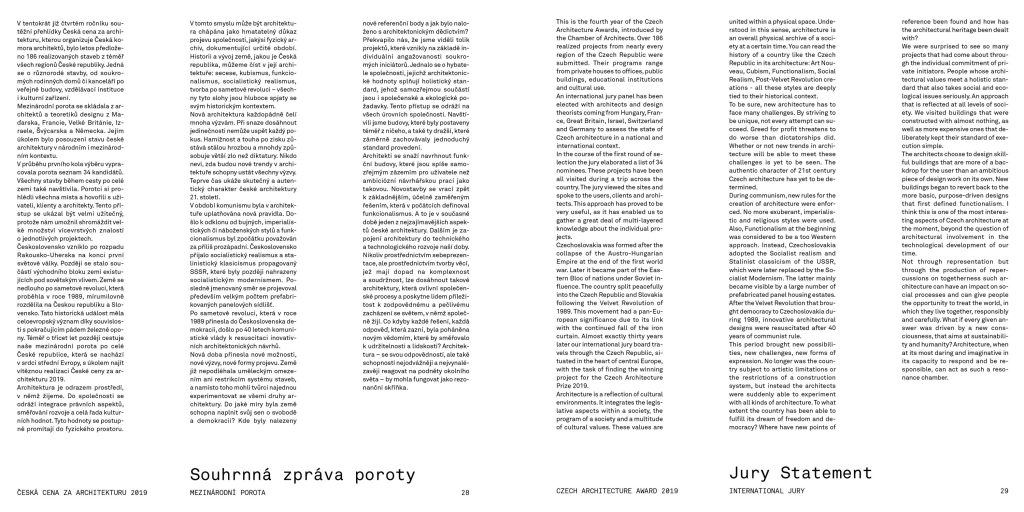I SEA
The Culture of Nature
7th Continent
The Culture of Nature
A Contribution to the Debate of Colonialism
In many countries, the arrival of Christopher Columbus in the New World on October 12, 1492, is celebrated with a holiday. What if Native Americans had discovered in 1492 that Columbus was lost at sea? Instead, the conquest of the America, became part of a several hundred year history of colonialism, and with it, a slowly unfolding apocalypse.
The video addresses man’s inherent motivation to expand his territory and use it for his own purposes. Aged remnants of PVC sheets irritatingly evoke fictional maps or topographies of unknown islands. These islands, iconographic sites of human longing, make the viewer feel the hopes that grip us humans when unknown lands come into our view. At the same time, they point to the consequences of colonialism, which has historically led to violence, inequality, and environmental destruction. The text inserted in the video describes the adventure of Christopher Columbus, which led to the so-called discovery of America on October 12, 1492. A new era began for the indigenous people and their biotopes. They were exploited, oppressed or destroyed.
I SEA is the first video in the series “The Culture of Nature”, which raises the question of why humanity is not able to consider itself part of the ecosystem – a habitat in which humans, animals and plants are interconnected, and all part of a common culture.
| Programme | Installation / Video |
| Location | ARTNIT 2016, Festival for contemporary art, Campos, Mallorca 40 Certamen d'Arts Plástiques i Visuals, Binissalem, Mallorca, 2018 |
| Client | Earth |
| Date | 2016-2021 |




